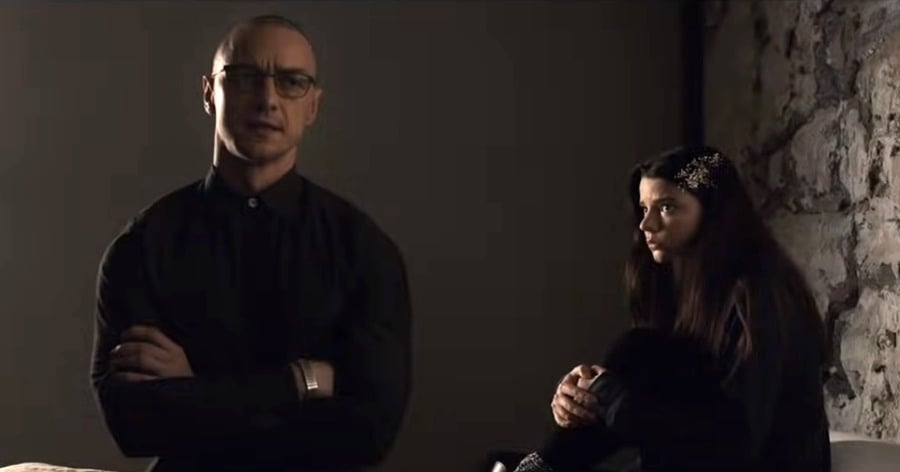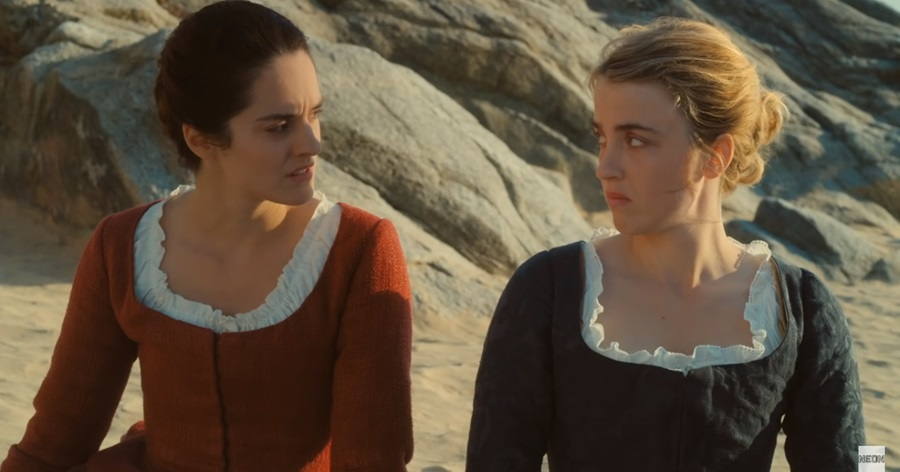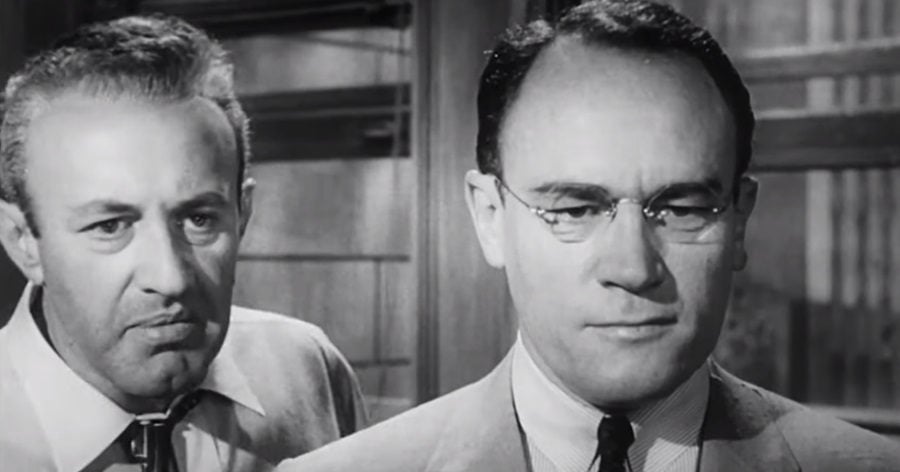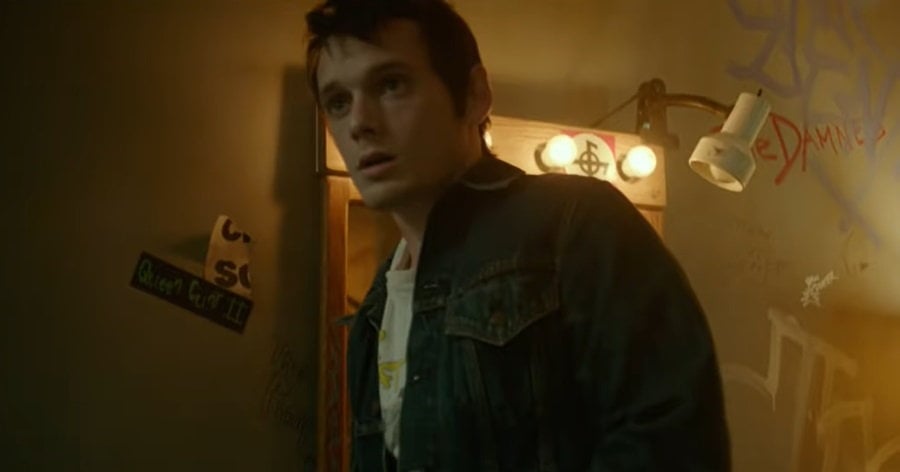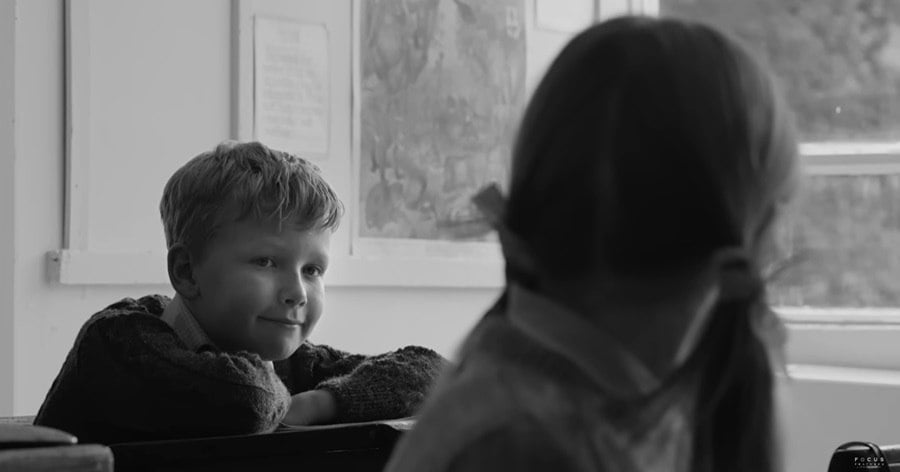Inception, directed by Christopher Nolan, is a mind-bending science fiction film released in 2010. It explores the concept of dreams within dreams and the blurred lines between reality and the subconscious. The film is known for its complex narrative and ambiguous ending, which has generated numerous discussions and debates among viewers. Most of the viewers came out of the movie hall with their heads scratching and wondering about the ending of the movie. For such viewers, we have tried to simplify the ending of Inception.
Plot Summary
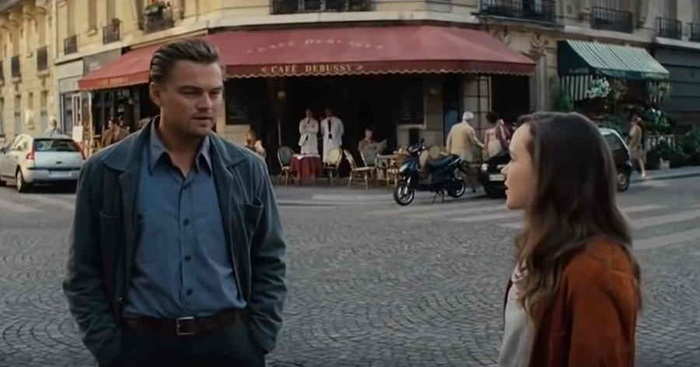
Inception is centered around Dom Cobb, played by Leonardo DiCaprio, who is a skilled thief specializing in a highly illegal and dangerous form of corporate espionage. Rather than stealing physical objects, he enters the dreams of his targets to extract their deepest secrets. Cobb, however, is haunted by a traumatic past, specifically the memory of his late wife, Mal (Marion Cotillard), who has a recurring presence in his subconscious.
Cobb is offered a chance at redemption by a powerful businessman named Saito (Ken Watanabe) but must complete a challenging task in return: rather than extracting information from a target's dream, he must plant an idea (known as "inception") into the mind of a wealthy heir named Robert Fischer (Cillian Murphy). Cobb assembles a team of specialists, including Arthur (Joseph Gordon-Levitt), Ariadne (Ellen Page), Eames (Tom Hardy), and Yusuf (Dileep Rao), to assist him in this complex endeavor.
The mission involves multiple layers of dreams, with each layer creating a deeper level of subconsciousness. The team travels through dreamscapes that include a rainy city, a hotel, and a snowy fortress, with the aim of convincing Fischer that he should break up his father's business empire. Along the way, Cobb's connection to his deceased wife, Mal, becomes a recurring and dangerous factor, as her influence often threatens to sabotage the mission.
Themes
Before diving into the ending, it's essential to understand some of the key themes that run through Inception.
Reality vs. Dream: Inception blurs the lines between reality and dreams. Throughout the story, it becomes increasingly challenging to distinguish between the dream world and the waking world. This theme highlights the malleability of perception and questions the nature of reality itself.
Guilt and Redemption: Dom Cobb's character is driven by guilt over his wife's death and the role he played in it. The idea of redemption and the desire to free himself from his guilt is a central theme. The mission to perform inception on Fischer is both a professional job and a personal quest for Cobb.
Subconscious: The film explores the depths of the human subconscious and the power of ideas. The team's ability to manipulate dreams raises questions about the limits of human perception and the potential for creative and destructive forces residing within the mind.
Sacrifice: Sacrifice is a recurring theme in the film. Cobb is willing to sacrifice a great deal, even his own sanity, to complete the mission and find redemption. Additionally, the concept of "limbo" in the film involves the sacrifice of years of one's life to explore the depths of the subconscious.
The Ending Explained
The ending of Inception has been the subject of intense debate and interpretation since the film's release. It is intentionally ambiguous, leaving viewers with various possible explanations. The final scene occurs when Cobb returns to the United States and is reunited with his children, James, and Phillipa. The audience is left wondering whether this is a dream or reality. Here are some possible interpretations of the ending
It's Reality: Some viewers argue that the ending is indeed real. The top, which Cobb uses as a totem (a small object used to distinguish between dreams and reality), wobbles but does not fall before the screen cuts to black. This suggests that Cobb is in reality, as the top's behaviour was his own unique way of distinguishing between dream and reality. In this interpretation, he has successfully reunited with his children, having overcome his guilt and achieved redemption.
It's a Dream: Others contend that the ending is a dream, emphasizing the unreliability of Cobb's totem. The argument here is that the top keeps spinning because it doesn't belong to Cobb but rather to Mal. This implies that Cobb might still be stuck in a dream world, unable to escape his own subconscious.
It Doesn't Matter: Christopher Nolan has stated that he intentionally left the ending ambiguous to allow viewers to draw their own conclusions. Some argue that the real focus of the film is not whether the ending is a dream or reality, but the emotional resolution of Cobb's character arc. Whether the ending is a dream or reality, Cobb has found closure and peace, letting go of his guilt and reuniting with his children.
The Totem as an Unreliable Device: The nature of the totem is itself a point of contention. Cobb explains that he knows how his totem behaves and, as such, can determine whether he is in a dream or reality. However, the film also suggests that the only way to know for sure is to ask someone else about their totem. The ambiguity of the ending arises from the fact that the audience is never shown another character's totem. This leaves the door open to the possibility that Cobb's understanding of the totem may be flawed.
The Spinning Top as a Symbol: The spinning top serves as a symbol for the film's themes of reality and the subconscious. It's a metaphor for the idea that life itself is often a fragile, spinning balance, and that the quest to distinguish reality from dreams may be futile or irrelevant. In the end, the true message of Inception may be that the search for reality is less important than our personal journeys and the emotional connections we make.
Inception Within Inception: Another theory is that the entire film is a form of inception within Cobb's mind. Throughout the movie, the idea of "inception" is explored, which is the act of planting an idea deep within a person's subconscious. Some viewers have suggested that the entire narrative of the film, including its ending, is an inception planted in Cobb's mind. This theory raises questions about whether anything in the film can be taken at face value.
Ultimately, the ambiguity of Inception's ending is intentional, allowing for multiple interpretations and sparking endless debates. Christopher Nolan leaves the audience to decide what they believe, and the film invites viewers to ponder the nature of reality, the power of ideas, and the complexities of the human mind.

